In February, a delegation for the Presbytery of Des Moines traveled to the West Bank and Israel. They didn’t travel to Gaza for safety reasons, but their observations shine a light on Palestinians’ day-to-day lives.
During a panel this past Friday hosted by Drake’s Middle East Peace and Prosperity Alliance (MEPPA), three members of the delegation shared their experience with an audience of about 30 Drake students and faculty. The panel consisted of Amgad Beblawi, the ministry and mission executive for the Presbytery of Des Moines; Rev. Alex Thornburg, pastor of Heartland Presbyterian church in Clive, Iowa; and Doug Olson, an active member of the church.
MEPPA President Deena Alsabbah said giving “a voice for people who are suffering” through events like this is “the least we could do.” She also said that the organization chose speakers from the church to provide a perspective that’s “not often talked about in the media.”
“It’s [portrayed as] very much about Muslims versus Jews, even though, really, it’s humans above all,” Alsabbah said.
During the event, Olson described inequalities between East Jerusalem, where about 61% of the population are Palestinian Arabs, and West Jerusalem. Even outside of Gaza, 75 years of oppression is evident, he and Beblawi said.
“Gaza is just horrific and awful and it’s grabbed the headlines, but I hope we convey to you the sense of the injustices that exist for everyday people,” Thornburg said.
Thornburg said, “The judicial system does not work for the Palestinians.” All the speakers provided examples of this assertion: Beblawi told a story about how an activist was billed for the government’s demolition of his own house, and Thornburg said Israeli forces arrest people while carrying machine guns — often in refugee camps.
“One of the experiences of Palestinians practically daily is arrest, in which they’re not told why they’re being arrested,” Thornburg said.
Thornburg said that “We’re trying to counter a very strong narrative that Christians support Zionism and support what’s called Christian Zionism.” According to the Jewish Virtual Library, Christian Zionism is Christian support for “the return of the Jewish people to its biblical homeland in Israel.” Some Christians believe that the return of Jews to Israel aligns with a biblical prophecy and must happen in order for Jesus to return to Earth as its king.
Beblawi does not subscribe to this view.
“They teach that the modern state of Israel is a continuation of the ancient Israel — biblical Israel — and its fulfillment of biblical promise,” Beblawi said. “There is no theological backing for that…They believe also that Christians are responsible for supporting the state of Israel.”
According to a Pew Research report dated March 21, 61% of White evangelical Protestants said the way Israel is carrying out its response to Hamas’ Oct. 7 attack is acceptable. 16% said it was unacceptable and 22% were not sure. 45% of non-evangelical White Protestants, 25% of Black Protestants and 42% of Catholics said it was acceptable.
In Beblawi’s view, Christians cannot be neutral on matters of violence, terrorism, injustice and oppression, and they cannot show partiality because of what their neighbor believes or who their country considers a political ally.
“Instead, as Christians, we are called to be peacemakers…We also believe that we need to speak the truth to power,” Beblawi said. “And we need to speak it in love, not in hostile ways. And we also believe that we need to speak on behalf of those who cannot speak for themselves.”
Beblawi said that more often than not, the church “is silent, complicit and sometimes unfortunately even implicated.”
Olson said he was encouraged by a “number of Palestinians who really believe that they can create a future.”
“There’s also a lot of religious resilience and, like, hope among Palestinians,” Alsabbah said. “There are people with beautiful stories and a beautiful culture that I think often gets neglected — and not even just Palestine but like the Middle East in general.”

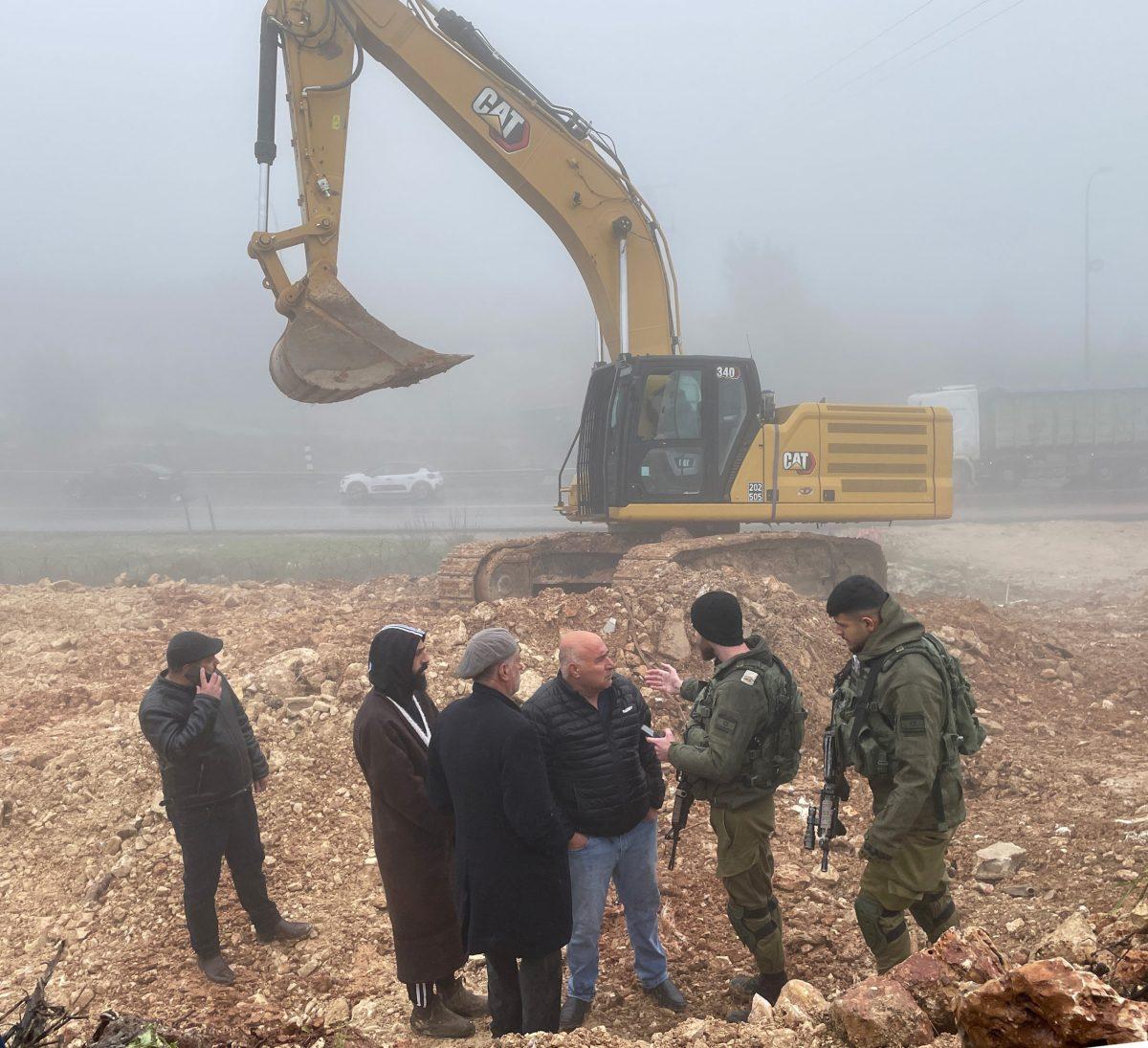

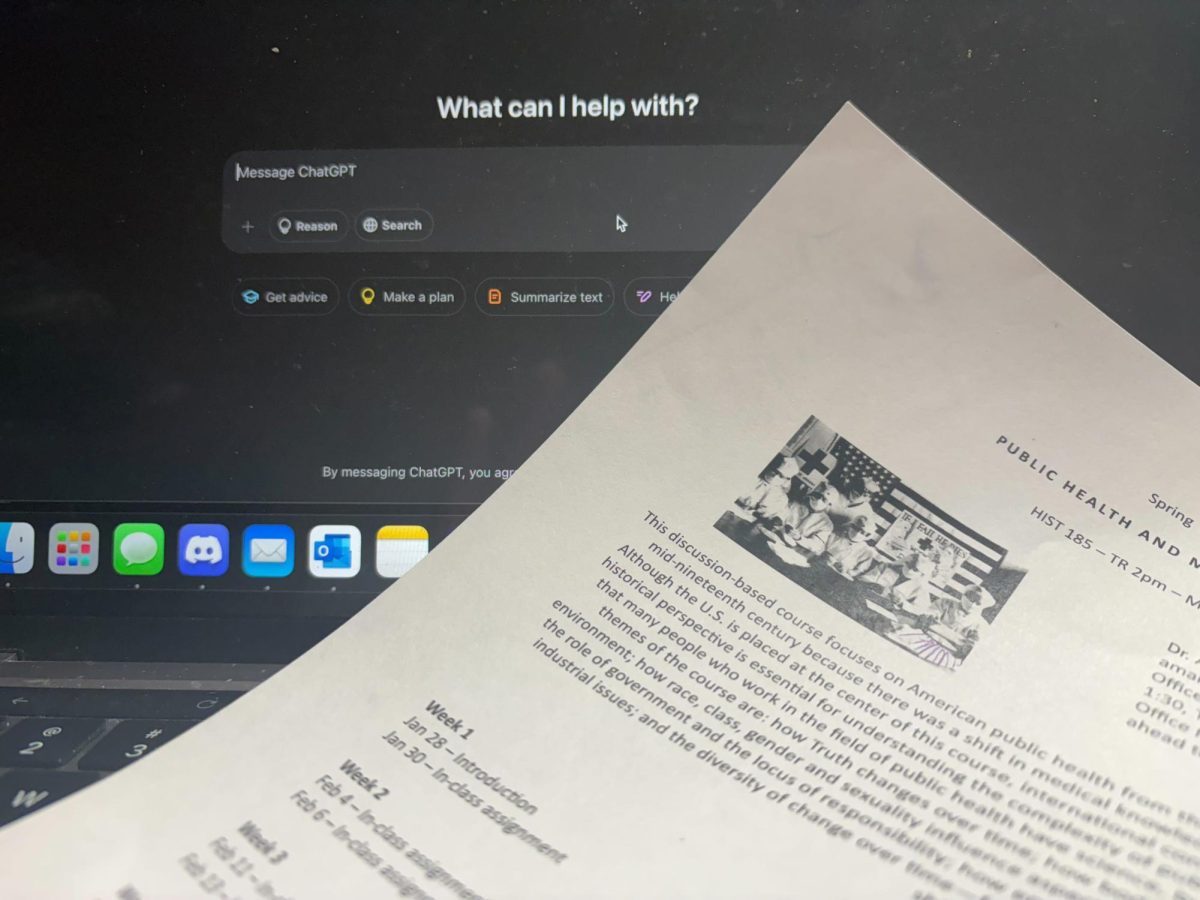
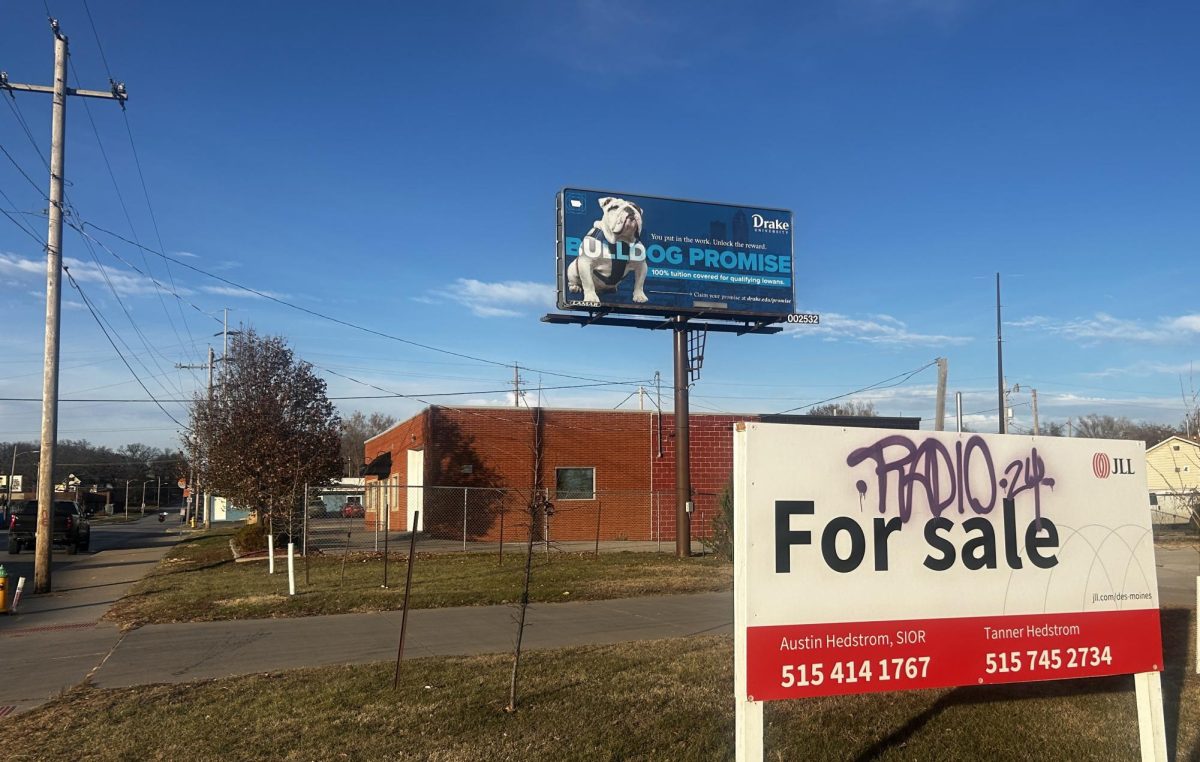

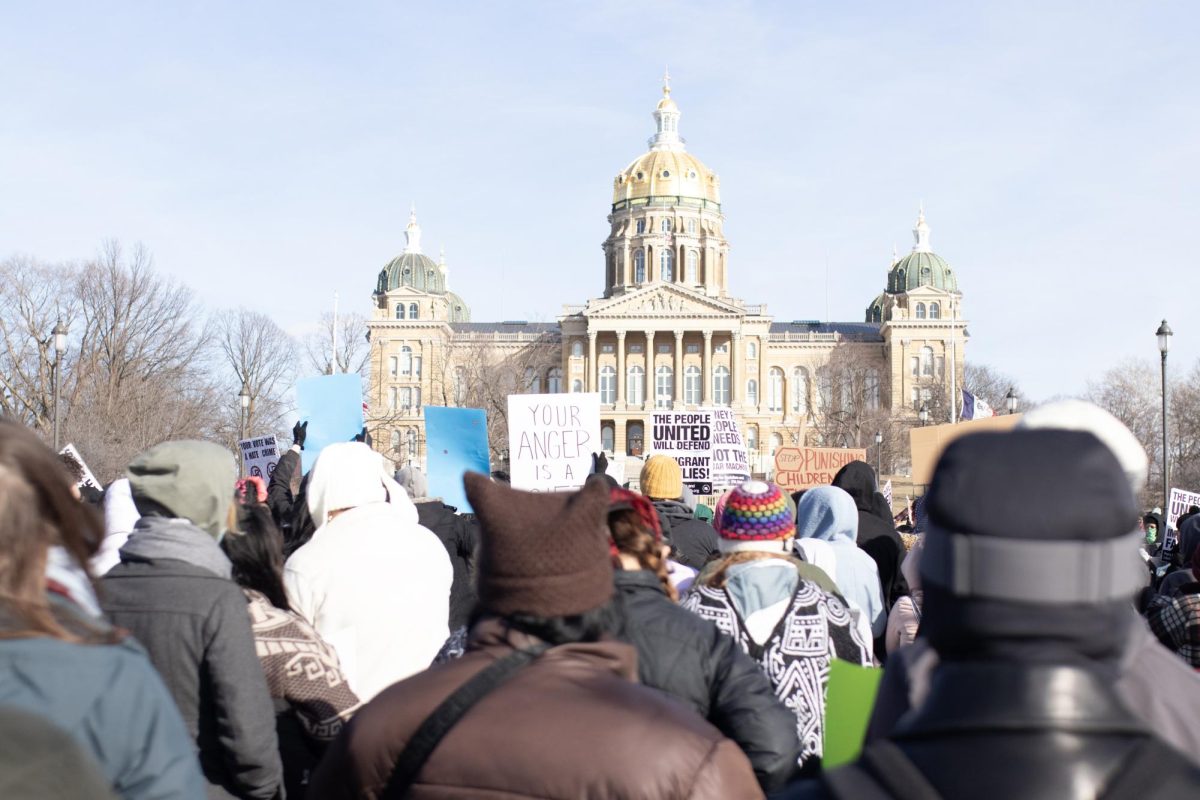
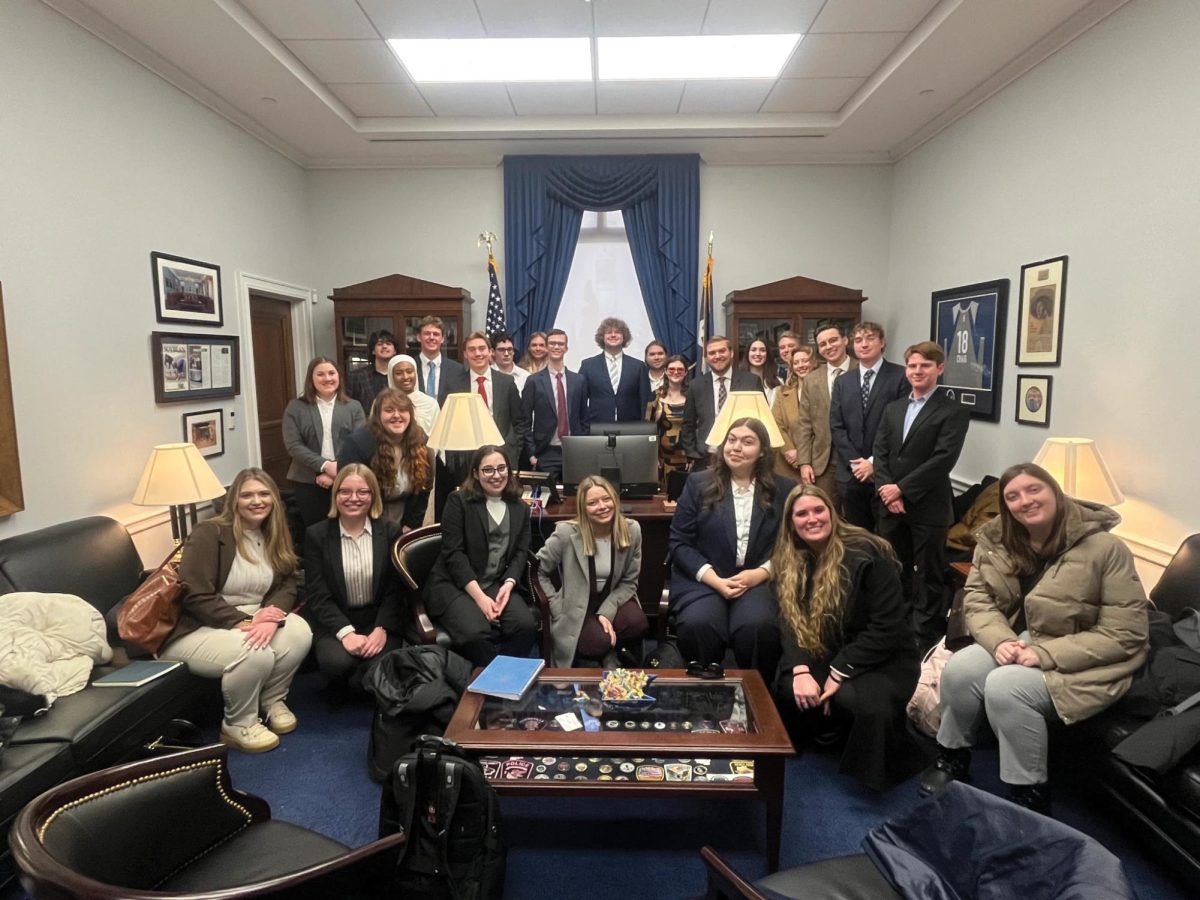

john smith • Apr 20, 2024 at 9:36 pm
Terrible journalism, you should be ashamed. Centering Christianity? Not asking any Jewish community members? Inflated language? 75 years of oppression? Horrendous portrayal of the conflict that is older than the state of Israel itself.